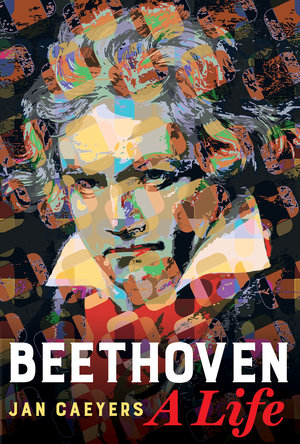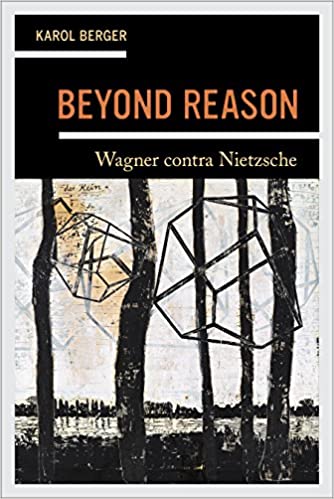Beethoven: A life
University of California Press
 There is no shortage of books dedicated to the life of a composer whose legacy has never ceased to reverberate and impact music at large. Released to commemorate the two hundred fiftieth anniversary of his birth, what sets this biography apart in terms of authority is partly due to the unprecedented access Beethoven-Haus Bonn has granted for this tome. The other contributing factor is due to the author Jan Caeyers is both a musician as well as a scholar, who dedicated his professional life to the study of Beethoven.
There is no shortage of books dedicated to the life of a composer whose legacy has never ceased to reverberate and impact music at large. Released to commemorate the two hundred fiftieth anniversary of his birth, what sets this biography apart in terms of authority is partly due to the unprecedented access Beethoven-Haus Bonn has granted for this tome. The other contributing factor is due to the author Jan Caeyers is both a musician as well as a scholar, who dedicated his professional life to the study of Beethoven.
The result is a complex and nuanced examination of not only Beethoven’s oeuvre, but his private life, trials and tribulations, which via meticulous analysis offers new insights into how it all contributed and how he transitioned to become the artistic icon we have come to appreciate.
Eloquent, accessible even for the uninitiated and engaging in nature, Caeyers expertly highlights not only how Beethoven was changed and influenced by his circumstances and both the political and philosophical status quo, but how he eventually impacted the trajectory of history and redefined music.
By incorporating different and at times opposing viewpoints, Caeyers’ succinct elaborations are a rewarding and eminently readable addition to the Ludwig van Beethoven biographical canon, as they present an intriguing and never glorifying perspective of what talent can achieve if backed by determination, hard work and a deluge of passion can achieve in music.
Beyond Reason: Wagner contra Nietzsche
University of California Press
 It is a known fact that Friedrich Nietzsche adored Richard Wagner and his oeuvre.
It is a known fact that Friedrich Nietzsche adored Richard Wagner and his oeuvre.
Karol Berger examines the relationship by structuring his tome in four major parts. Starting with a prologue focussing on Wagner’s principal worldviews, the author takes an objective approach by critically evaluating the merits of Wagner’s emissions at face value level, to then carve out his well-researched interpretations and arrives at interesting conclusions, such as e.g. the claim that Nietzsche’s Wagnerian takeaways are partly based on misunderstandings, especially when it comes to the ideology that the music dramas have been infused with.
Things get interesting when Karol Berger digs into the dramaturgy of Wagner’s compositions and positions them within the canon of a range of school of thoughts, as he arrives at the conclusion that the relationship between Nietzsche and Wagner and how it is commonly perceived is fundamentally flawed.
No matter if you harbour an appreciation for either of the two protagonists, Beyond Reason is worth an investment for Karol Berger’s knife-sharp insight and brilliant and well-researched arguments.
A fascinating read.